
The impact of economic disadvantage
The link between economic disadvantage and educational underachievement permeates every stage of a young person’s education. …
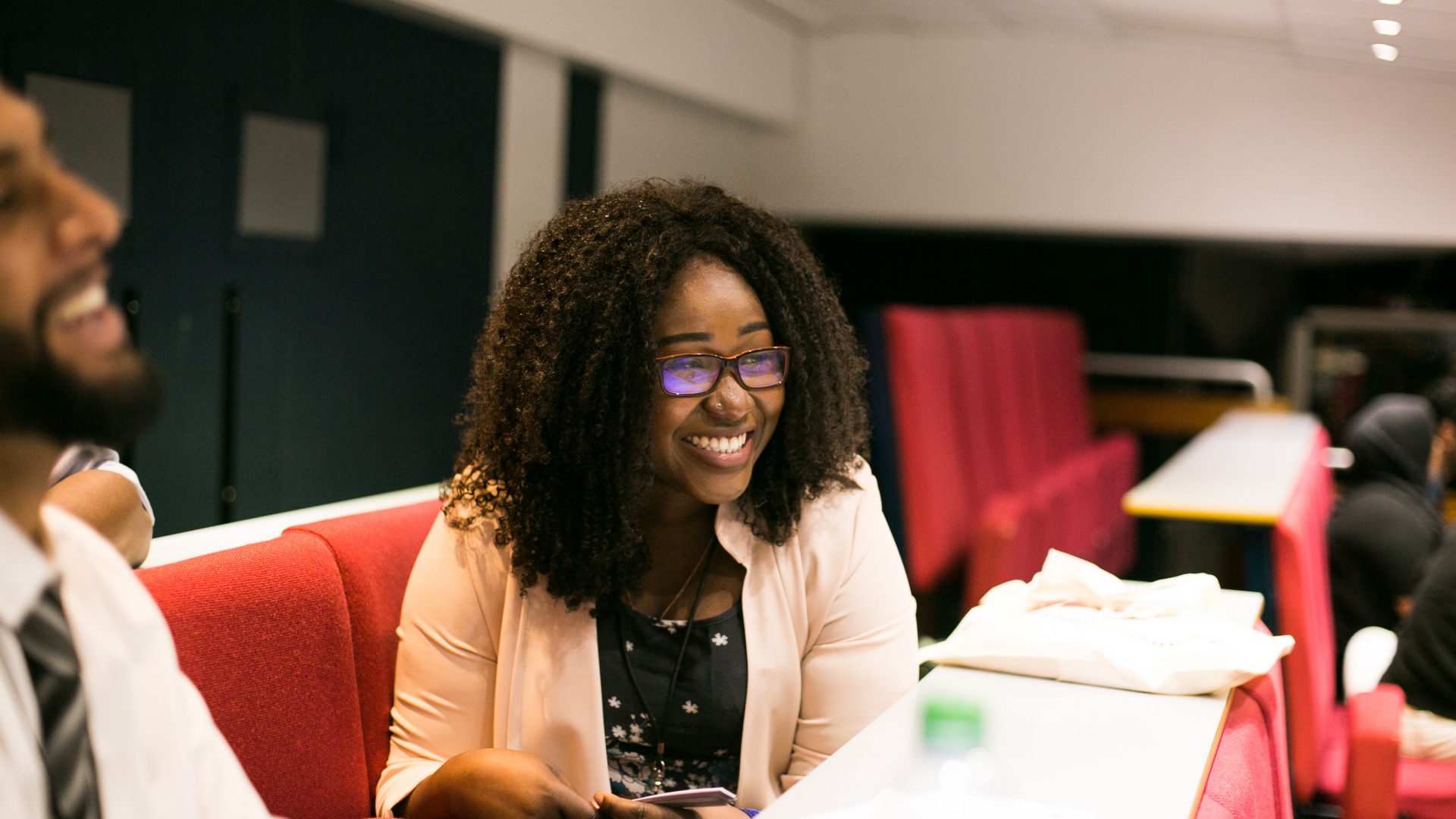
We believe that everyone should have the opportunity to access the benefits Higher Education can provide.
Higher Education offers numerous well-documented benefits, including increased life satisfaction, higher earnings, lower unemployment rates, and enhanced outcomes for future generations.
Recent analyses by the Institute for Fiscal Studies (IFS) reveal that, at age 30, state-educated women from the poorest 20% of families experience a 31% increase in earnings due to university attendance, while men from the same background see a 7% rise. These figures are notably higher than those for privately educated students, who have returns of approximately 29% for men and 36% for women.
Moreover, the “graduate premium”—the earnings advantage of university graduates over non-graduates—remains substantial. A recent study indicates that, after accounting for loan repayments, men with degrees can expect an average lifetime earnings boost of £280,000, while women can anticipate an increase of £190,000 compared to non-graduates.
These findings underscore that a university degree is a valuable investment across all socio-economic groups, with particularly significant returns for students from lower-income families. By mitigating income disparities, higher education plays a crucial role in promoting social mobility and economic equality.
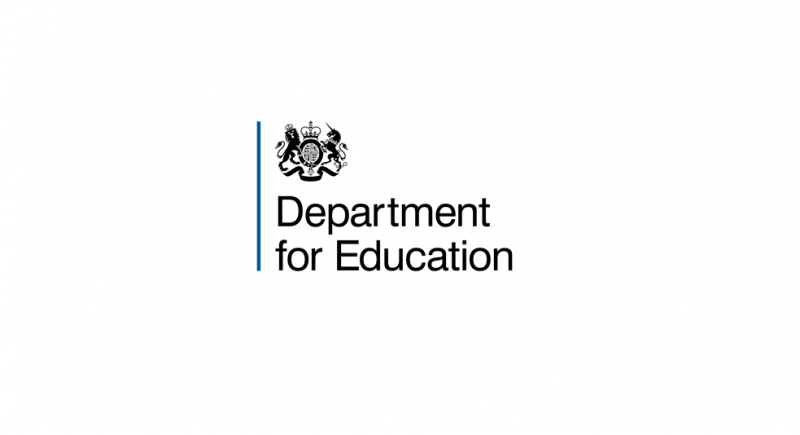
The Department for Education's Graduate Labour Market Statistics for 2023 reveal that 87.7% of graduates aged 16–64 in England were employed, with 67.0% in high-skilled roles. The median nominal salary for these graduates was £40,000, though real-term earnings decreased to £26,000, reflecting inflation. Notably, the data highlights significant earnings disparities across industries and genders, underscoring the importance of career choice and sector in determining financial outcomes post-graduation.
Read the report here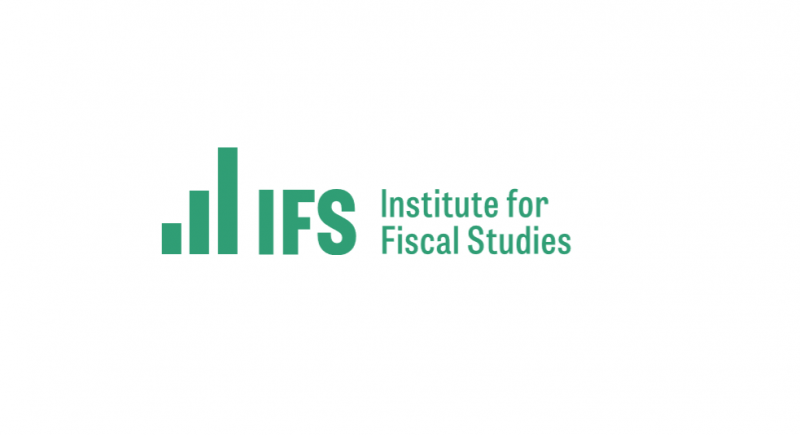
Earnings returns from undergraduate degrees vary by background, but all groups benefit. Women from the lowest socio-economic backgrounds see earnings rise by 31% by age 30, while Pakistani graduates gain the highest returns relative to their non-graduate peers, despite having lower average earnings. These findings highlight the importance of widening access to higher education, as well as ensuring support structures are in place to reduce persistent ethnic and socio-economic disparities in graduate outcomes.
Read the report hereOur work is based upon sound public research into both the need for our work and the effectiveness of our approach. Find out more about the barriers young people are facing below.

The link between economic disadvantage and educational underachievement permeates every stage of a young person’s education. …
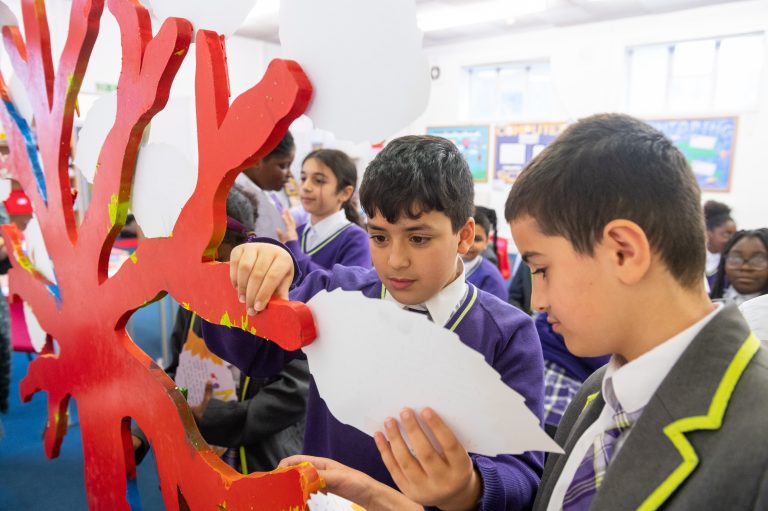
Where young people are growing up in the UK affects their opportunities and life chances.
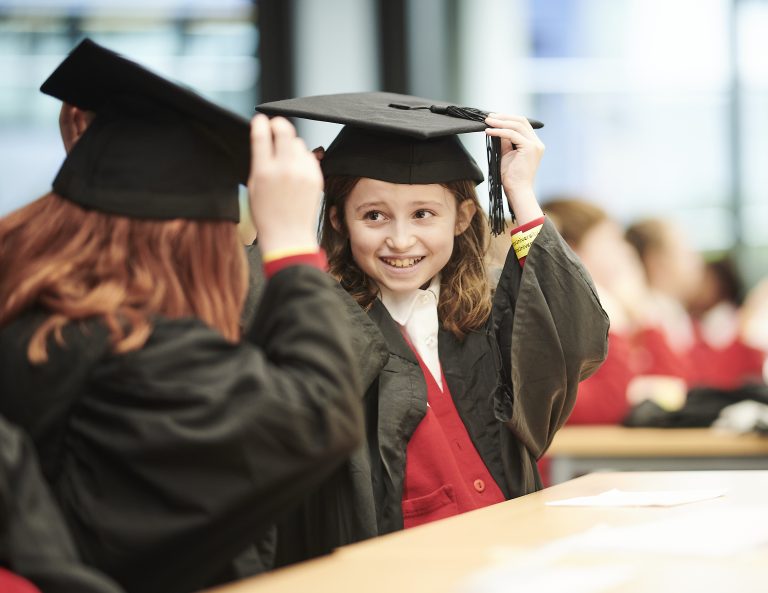
Young people from disadvantaged neighbourhoods are significantly less likely to progress to university or any further education, employment or training than their more privileged peers.
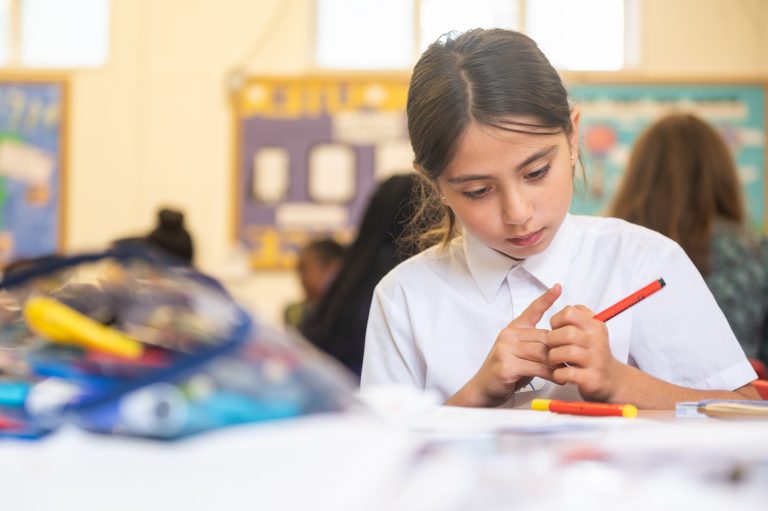
Early intervention is key in breaking down barriers to education and encouraging young people to think about their futures before their attitudes towards study become fixed.